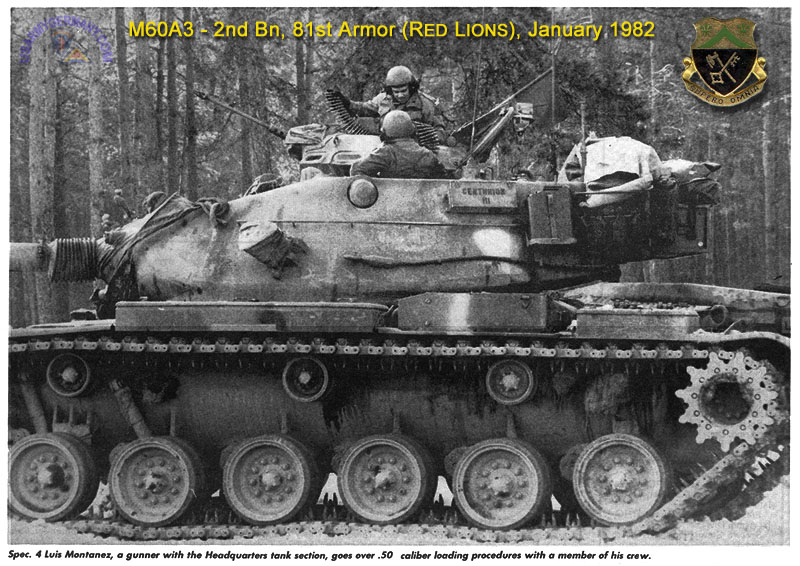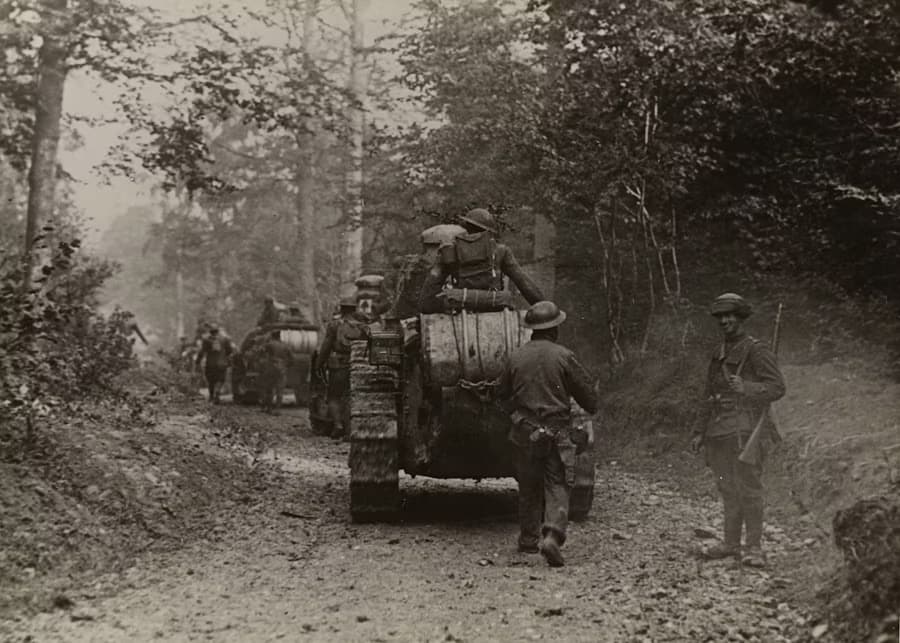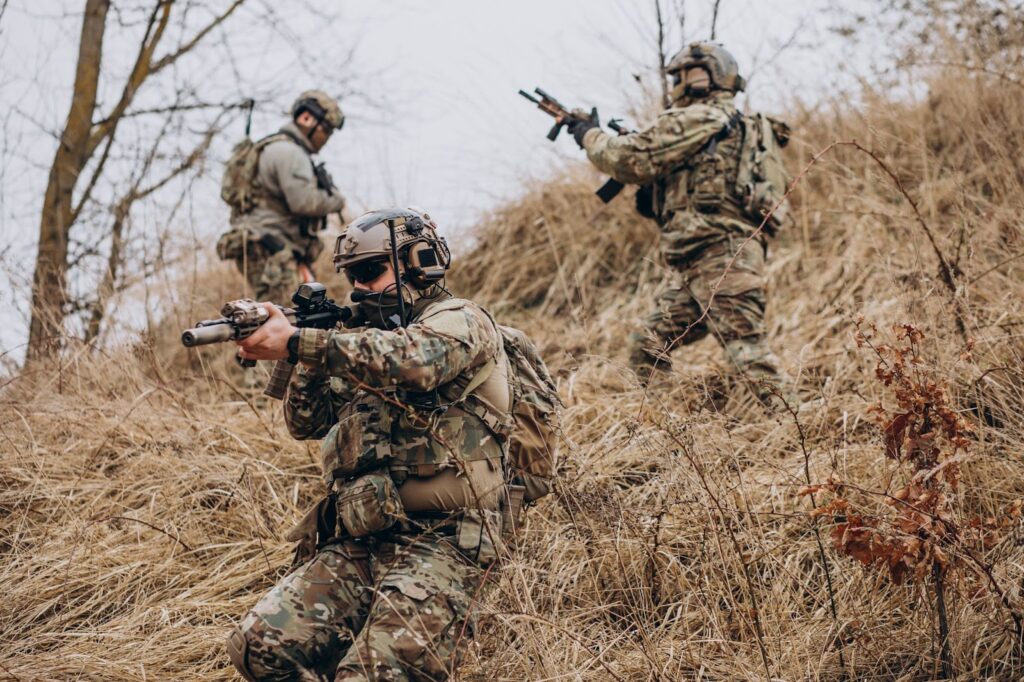The 761st Tank Battalion holds a special place in the history of World War II as one of the first African-American combat units in the U.S. military. In addition to their outstanding combat accomplishments, the unit’s members may have faced legal challenges, including issues of arrest and extradition abroad. These aspects remain relevant both for historical retrospect and for understanding contemporary international legal mechanisms governing the status of service members detained abroad.
Historical context: feat and international legal challenges
The 761st Tank Battalion earned a reputation for its bravery and effectiveness in the European theater, particularly during the Battle of the Bulge and the liberation of France. The unit’s soldiers served in conditions of racial segregation and constant hardship, demonstrating unparalleled courage.
However, given that the fighters were on the territory of allied and occupied countries, there was a possibility of clashes with local law enforcement agencies or with procedures related to international criminal cases. For example, in the conditions of post-war Europe, situations could arise when servicemen were detained on suspicion of violations, which required them and their commanders to know the legal basis for international interaction.
It is possible that on rare occasions, members of the 761st Battalion have faced threats of arrest or extradition, illustrating the need to understand the international legal norms governing such processes.
Extradition and International Law: Legal Basis for Arrest Abroad
Extradition is the process of transferring an accused or convicted person from one country to another for prosecution or execution of a sentence. International law regulates extradition through bilateral agreements and international treaties, including rules regarding military personnel and their status. When military personnel, such as the fighters of the 761st Battalion, are arrested abroad, not only the general provisions of international law are taken into account, but also military agreements, such as the status of allied forces, agreements on privileges and immunities. In addition, in the modern context, Interpol, an international organization that ensures the coordination of search activities and the issuance of arrest warrants (Red Notice), plays a major role. In cases of arrest of military personnel of an international contingent, these mechanisms help to streamline the process of interaction between countries, including through procedures related to arrest warrant abroad.
Legal Consequences of Arrest: How Arrest Warrants Work for Military Personnel
When a serviceman is detained outside his country, complex legal situations may arise. In such cases, qualified legal assistance from specialists such as Interpol Lawyers, who are well versed in international law and arrest procedures. Military personnel, including members of the 761st Battalion, enjoy a special status in international law that affects arrest procedures and subsequent extradition. Arrest warrants issued through national or international mechanisms (including Interpol) may be applied, but are subject to international norms that protect the rights of military personnel and guarantee fair treatment. For example, there is a practice of not returning military personnel to countries where they face human rights violations or political persecution. Despite this, military personnel may become the subject of international prosecution in a number of cases, such as when they are suspected of war crimes or other serious violations. In such situations, legal protection and international mechanisms play a key role in ensuring the right to a fair trial.
Modern Parallels: The Right to Defense and International Guarantees
Modern international law recognizes many guarantees for persons detained abroad, including military personnel. The right to a defense, access to qualified legal counsel, and fair trial standards are fundamental principles that all states are obliged to ensure.
Cases of military personnel and veterans being arrested abroad in recent decades show how important legal awareness and international cooperation are. Many countries are creating specialized structures and support mechanisms for their military personnel, and international human rights organizations are helping to protect their rights.
In the event of a threat of arrest abroad, fighters and their representatives can benefit from the advice and protection of qualified specialists in order to minimize legal risks.



